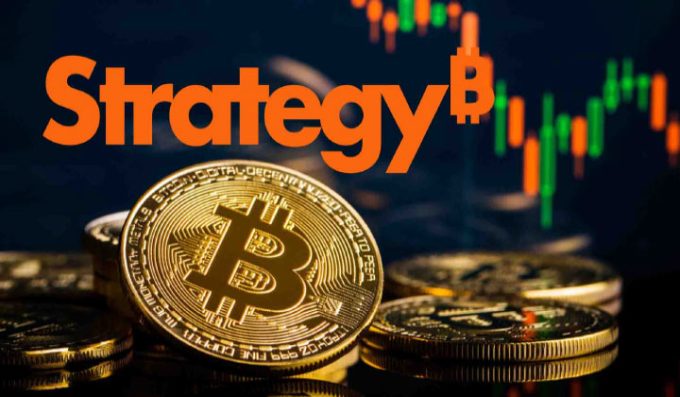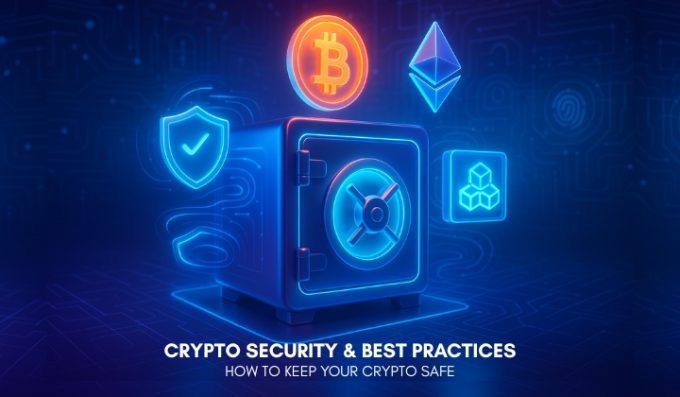How Do Crypto Transactions Work?
In the current digital era, the banking industry is always changing. One of the biggest developments in recent years has been the rise of cryptocurrency transactions. Even though you may use cash and cryptocurrency to buy goods and services, their technological workings are very different.
The money is moved from one account to another when you make a payment via a typical financial institution, such as a bank. On the other hand, cryptocurrency does not function in the same way as fiat money. Instead, coins reside on a blockchain, which serves as a public record of every cryptocurrency transaction. Bitcoin transactions involve data transmission between blockchain addresses. This implies that there is no physical exchange of bitcoins. Rather, all transactions are permanently documented on the blockchain, revealing which money is linked to which addresses.
Cryptocurrency transactions are the foundation of the decentralized digital economy. They offer an effective and safe way to transfer values across the internet. Here are a few important things to remember:
Digital Assets:
Digital assets secured by cryptography are part of cryptocurrency transactions. These assets are digital, so there’s no need for physical middlemen like institutions.
Blockchain Technology:
A distributed ledger, also known as blockchainFF, records transactions to ensure security and transparency. This technique guarantees the accuracy of the transaction history.
Wallets:
In order to transact with cryptocurrencies, people need a digital wallet. Wallets store the private keys that allow users to access their digital assets. Protecting these credentials is crucial.
Decentralization:
Unlike traditional banking institutions, cryptocurrency transactions take place on a decentralized network. This increases security and reduces the risk of censorship by ensuring that no one entity controls the entire system.
Public and Private Keys Explained
A public key and a private key are two necessities for each crypto transaction.
Public Key:
Anyone wishing to give you bitcoin may see the address of your wallet. Consider this the number for your bank account.
Private Key:
The private key is a code that only you know, yet it opens your wallet and allows transactions. Like your password or PIN for your bank account. Your private key gives access to your money; therefore, never give it to anybody. If you misplace your private key, you risk irreversibly losing your cryptocurrency holdings.
Crypto Transactions Explained
Before beginning a crypto transaction, a user must create a transaction and sign it using their private key. Once completed, the entire blockchain network shares the transactions. The network’s miners verify the transaction before adding it to a block. The block’s addition and approval marks the end of transactions.
Cryptocurrency transactions are often less costly and quicker than conventional payment methods. This is because, unlike traditional payment methods like bank transfers and credit card payments, cryptocurrency transactions are not subject to the same costs and delays.
Crypto transactions allow for the sending and receiving of funds from anywhere in the world. This is because crypto transactions are not constrained by the same factors that affect traditional payment systems, such as exchange rates and regional constraints. Simply put, the following details have to be provided in order to construct a cryptographic transaction:
- How much cryptocurrency do you wish to transfer?
- The recipient’s address
- Your private key
Transaction Process Explained
- A transaction is started by the sender from their wallet. They indicate how much cryptocurrency to transfer as well as the recipient’s public key, or wallet address.
- A digital transaction record, including the sender’s public key, the recipient’s public key, and the amount to be sent, is created by the sender’s wallet software. The sender’s private key also creates a digital signature to verify the transaction.
- After that, the transaction is made public on the cryptocurrency network. This entails uploading the transaction to the Bitcoin blockchain.
- Participants in the network, called miners, verify and validate the transaction. They verify that the transaction is not a double-spend by seeing if the sender has the required amount in their wallet.
- The transaction is included in a blockchain block once it has been verified. The transaction is then permanently recorded when this block is appended to the already-existing chain of blocks.
Transaction Fees
Although cryptocurrency transactions are not totally free, they are typically less expensive than those made through regular banking channels. Miners who approve and add transactions to the blockchain receive transaction fees. To ensure a quick handling of your transaction, you may choose to add a larger charge. Depending on transaction urgency and network congestion, the charge amount may change.
Conclusion
In conclusion, anyone wishing to explore the realm of digital assets must have a solid grasp of how bitcoin transactions operate. Understanding the fundamentals of cryptocurrencies, selecting the best wallet, and protecting your public and private keys are the first steps. Sender authorization, transaction creation, network broadcasting, miner verification, and blockchain addition comprise the transaction process itself.
Transactions with cryptocurrencies are safe, effective, and provide a degree of financial independence not available in conventional banking institutions. They do, however, have certain hazards, such as the possibility of losing private keys or falling for con games. You may safely and confidently navigate the world of cryptocurrency transactions by adhering to best practices and maintaining your knowledge.
You need to login in order to Like
















